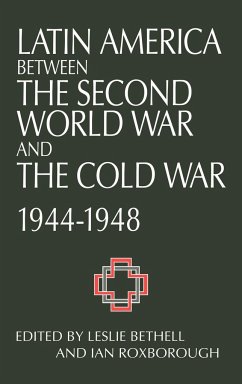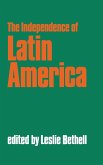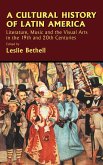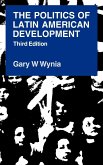The aim of this volume is to establish that the period between the end of the Second World War and the beginning of the Cold War (1944-5 to 1947-8), hitherto neglected, represents an important conjuncture in the political and social history of Latin America in the twentieth century. The volume contains, besides an introduction and a conclusion by the editors, case studies of eleven of the twenty Latin American republics. Despite differences of political regime, different levels of economic and social development, and different relations with the region's hegemonic power - the United States - there are striking similarities in the experiences of the majority of the Latin American republics in this period. For most of Latin America it can be divided into two phases. The first, coinciding with the Allied victory in the Second World War, was characterized by three distinct but interrelated phenomena: democratization, with a relatively high level of middle-class and working-class participation; a shift to the Left, both communist and noncommunist; and unprecedented labor militancy. In the second phase, coinciding with the onset of the Cold War and completed almost everywhere by 1948, labor was disciplined by the state and in many cases excluded from politics; communist parties almost everywhere suffered proscription and severe repression; reformist, "progressive" parties moved to the Right - the democratic advance was for the most part contained, and in some cases reversed. An opportunity, however limited, for significant political and social change, as well as for the first steps perhaps toward a Latin American version of social democracy, was lost. Instead, the institutional andideological foundations were laid for Latin America's postwar "model" of economic growth without equity within a context of, at best, fragile and intermittent democracy.
Bitte wählen Sie Ihr Anliegen aus.
Rechnungen
Retourenschein anfordern
Bestellstatus
Storno









